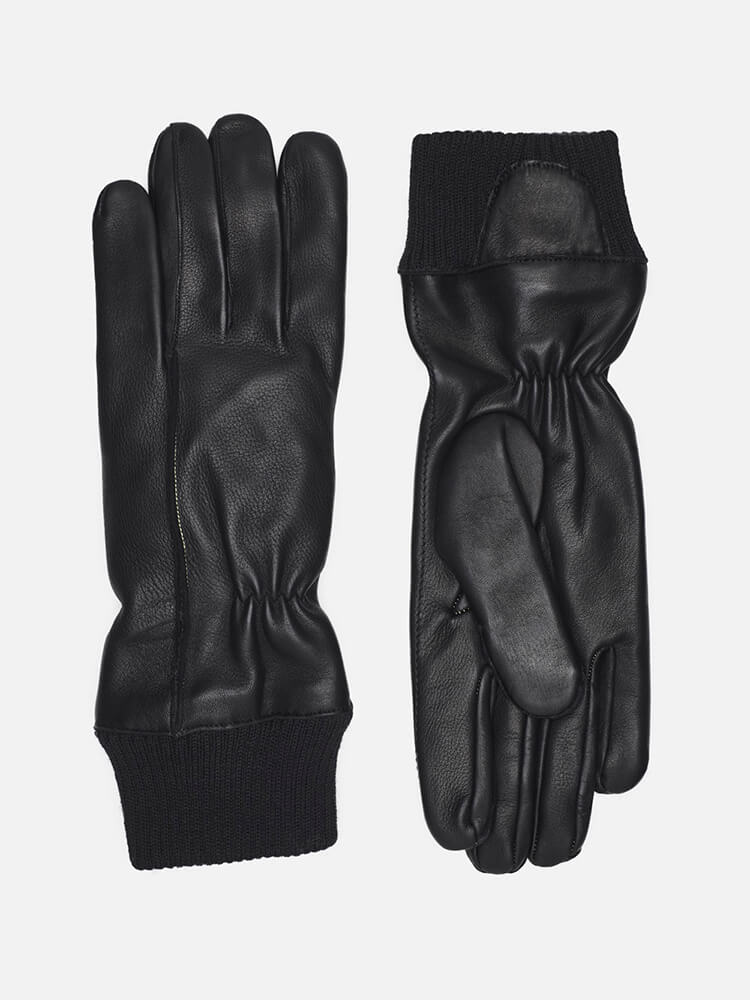GLOVES FOR FBI AND MI5
In 1981, Randers Handskefabrik was contacted by the Danish Action Force, as there was a need for a pair of specially developed gloves that could be used for "fast-roping", i.e. to rappel from a helicopter. This required a glove with tremendous durability and resistance to the friction that occurs when the soldier slides down the rope and must cushion the fall with a quick twist of the rope with his hands before the soldier hits the ground - and at the same time flexibility and finesse that allows the soldier to draw, for example, a handgun as soon as he hits the ground, without first having to remove the glove.

This resulted in a glove made of Ethiopian lamb leather, sewn with Kevlar thread and with NOMEX flame retardant textile on the inside of the glove. A glove that was also later used by the FBI and MI5, and which is still used today.

A NEW GENERATION: ERIK OG ARNE VEJRUM
In 1987, the brothers Erik and Arne Vejrum took over Randers Handskefabrik after their father. Prior to the takeover, both brothers had been involved in the day-to-day operation of the factory for a number of years.
Erik Vejrum was trained as a glove maker, and Arne Vejrum had an education as a tanner and dyer. In 1944, Erik Vejrum apprenticed as a glove maker at the factory, which entailed training as a glove manufacturer both at home and abroad as well as studies at the School of Economics. In 1953 he took over Aalborg Handskefabrik to gain experience as a self-employed person, he opened a shop in Aalborg the same year.

Arne had himself trained as a tanner and dyer, as it was important to maintain specialist knowledge in the company with a view to efficiency. Arne studied the subject for almost 10 years, which brought him to France, Switzerland and England. In 1959, he opened the current store at Frederiksberggade 36 at Strøget in Copenhagen.


RHANDERS IN HISTORY
This period in Danish history was characterised by economic uncertainty and the culmination of the "Cold War".
Due to a record deficit in Denmark's balance of payments due to previous decades of overconsumption, the "Potato cure" was introduced in 1986 to curb consumption by the Danes and the public, and instead ensure savings to get the economy back on its feet.
The Cold War became more tense in the 1980s, and discussions about setting up nuclear weapons in Europe wavered back and forth.
In 1989, the Berlin Wall fell and the Soviet Union dissolved in 1991, marking the end of the Cold War.







